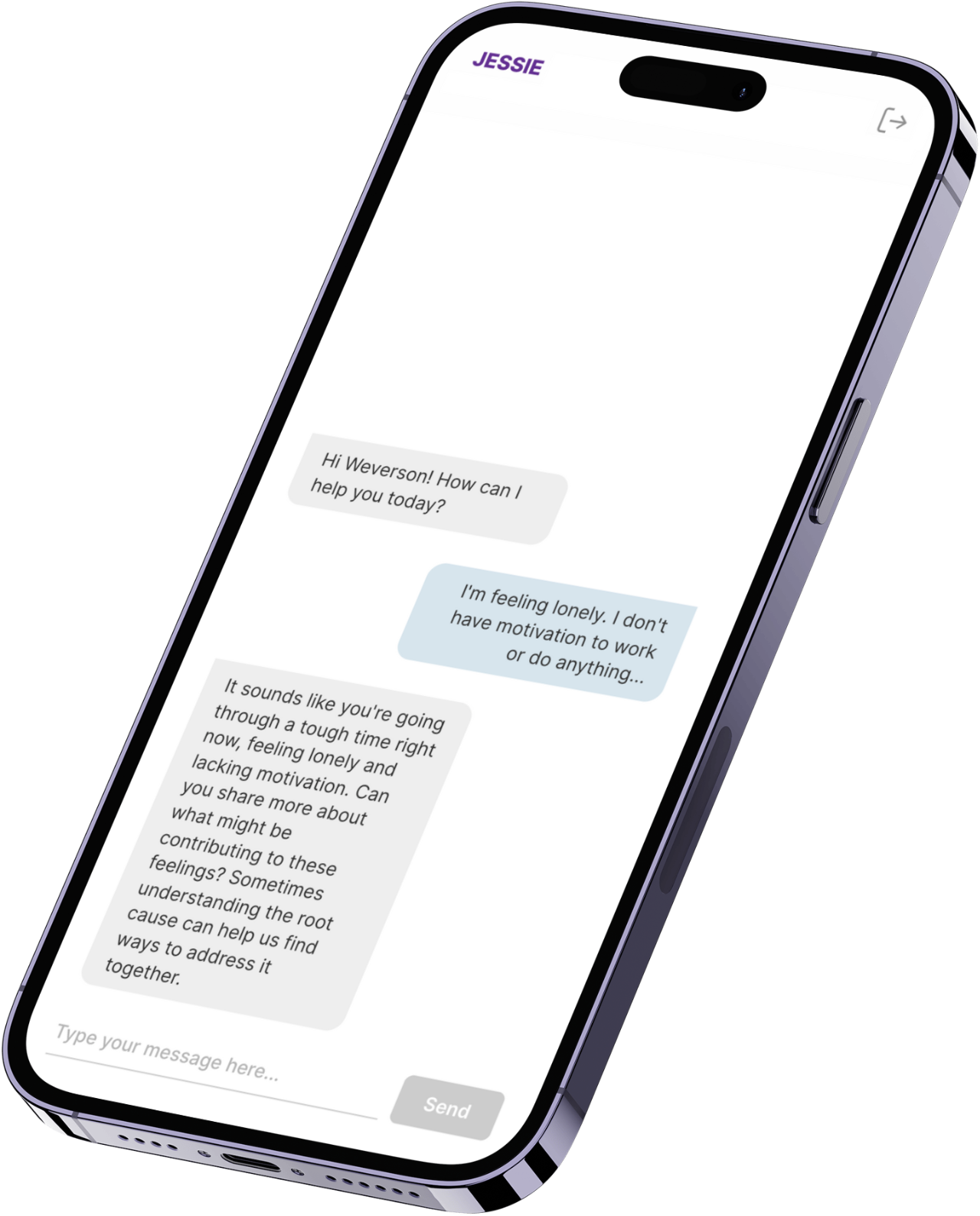
Bubble.io vs Low-Code Platforms: Which Is Right for You?
Understanding No-Code and Low-Code Platforms
In today's fast-paced digital landscape, businesses are increasingly turning to no-code and low-code platforms to accelerate application development. These platforms offer distinct advantages, enabling companies to build applications with varying degrees of technical expertise. Among these, Bubble.io stands out as a leading no-code platform, while other low-code platforms offer their unique benefits. Understanding the differences between these options is crucial for making an informed decision.
What is Bubble.io?
Bubble.io is a no-code platform that empowers users to create fully functional web applications without writing traditional code. It provides a visual interface for designing applications, making it accessible to individuals with limited coding skills. This platform is ideal for startups and small businesses looking to quickly launch applications and test ideas without significant upfront investment.
Features of Low-Code Platforms
Low-code platforms, on the other hand, offer a hybrid approach, combining visual development with the ability to write custom code. This flexibility allows businesses to create more complex applications that require specific functionalities not supported by no-code solutions. Popular low-code platforms include OutSystems and Mendix, which are known for their enterprise-grade capabilities.
Comparing Bubble.io and Low-Code Platforms
When deciding between Bubble.io and low-code platforms, consider the following factors:
- Development Speed: Bubble.io typically allows for faster development due to its no-code nature, while low-code platforms may require additional time for coding custom features.
- Complexity: For simple applications, Bubble.io is often sufficient. However, if your project requires complex integrations or custom functionalities, low-code platforms might be more suitable.
- Scalability: Both options offer scalability, but low-code platforms may provide more robust solutions for enterprise-level applications.
- Cost: Bubble.io can be more cost-effective for startups and small businesses, whereas low-code platforms might incur higher costs due to their advanced capabilities.
Use Cases for Bubble.io
Bubble.io is particularly well-suited for:
- Startups: Quickly prototyping and launching MVPs to validate ideas.
- Small Businesses: Developing internal tools and customer-facing applications without a large IT team.
- Non-Technical Entrepreneurs: Building applications without needing to hire developers.
Use Cases for Low-Code Platforms
Low-code platforms are ideal for:
- Enterprises: Developing complex applications with specific business requirements.
- IT Departments: Enhancing productivity by enabling developers to focus on custom code for unique functionalities.
- Organizations with Existing Systems: Integrating new applications with legacy systems seamlessly.
Conclusion
Choosing between Bubble.io and low-code platforms depends on your specific business needs, technical expertise, and project complexity. Bubble.io offers a straightforward approach for those looking to build applications quickly and cost-effectively, while low-code platforms provide the flexibility needed for more complex projects.
Call to Action: If you're unsure which platform is right for your business, contact our Bubble.io Agency today for a consultation. We can help you navigate the options and choose the best solution for your unique needs.



